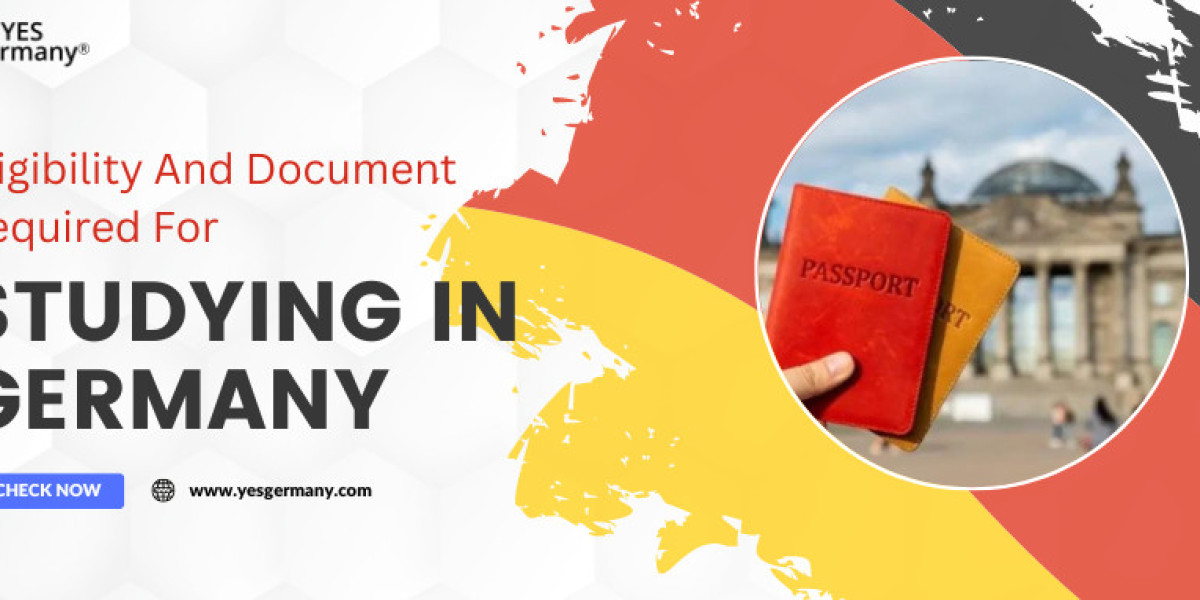Studying in Germany:- Studying in Germany can be an excellent choice for international students due to its high-quality education system, affordability (often low or no tuition fees), and rich cultural experiences.
Bachelor's Course in Germany:
A bachelor's course in Germany refers to an undergraduate program of study offered by German universities and colleges. These programs typically span three to four years and lead to a bachelor's degree, such as a Bachelor of Arts (B.A.) or Bachelor of Science (B.Sc.). Bachelor's courses cover a wide range of academic disciplines and are available in both the English and German language. International students often choose Germany for its high-quality education, affordability (low or no tuition fees at public universities), and the opportunity to experience a culturally diverse and academically rigorous environment.
Eligibilities for Bachelor studies:
- The Studienkolleg course in Germany is designed to help international students bridge any educational gaps between their home country’s educational system and the German university system.
- It’s particularly important for students who don’t meet the direct entry requirements for university studies in Germany.
- The course ensures that students have the necessary language skills and academic foundation to succeed in their chosen field of study.
- Alternatively, If the student has done 1 year of bachelor’s or JEE Mains and advanced with scoring 80-85% from his country then there is no need to do a studienkolleg course to get admission in germany.
Documents Required for study in Germany after 12th
The specific documents required to study abroad can vary depending on the country, university, and program you’re applying for. However, there's a general list of documents commonly required by most universities:
- 10th and 12th-grade mark sheets
- TestAS score
- Passport copy
- Letter of recommendation from the school
- Statement of Purpose
- Birth certificate
- Migration certificate
- Medical certificate
- Passport size
- photographs
- Leaving certificate
- The documents must be 100% original and genuine
- APS Certificate
Masters Course in Germany
A master's course in Germany refers to a postgraduate program of study typically undertaken after completing a bachelor's degree. These programs are renowned for their academic excellence and offer a wide range of specializations across various fields, including science, engineering, humanities, and social sciences. Many master's programs in Germany are taught in English, making them accessible to international students. Germany is known for its low or no tuition fees at public universities, making it an attractive destination for master's-level education. International students can benefit from a culturally rich and intellectually stimulating academic environment.
Eligibility Criteria for Master Courses in Germany
- A recognized undergraduate degree (Bachelor’s) in a related field.
- Proof of language proficiency, in German Language or English depends on the language instruction.
- You need to clear international exams like GRE/GMAT, TOEFL/IELTS
- Other requirements depend on the university and the course you are applying for (For further information check the university website for more details)English-language proficiency proof, usually a certificate of TOEFL or IELTS certificate. Or, any other English Test Exam can also do.
Conclusion: In conclusion, pursuing higher education in Germany is an excellent choice due to its world-class universities, diverse range of programs, and affordability. To successfully study in Germany, students must meet certain eligibility criteria, including academic qualifications, language proficiency, and financial readiness. To navigate this process effectively and maximize their chances of admission, students often seek guidance from the best study abroad consultants. These experienced professionals provide invaluable support in selecting the right program, preparing application documents, and understanding visa and immigration requirements.



